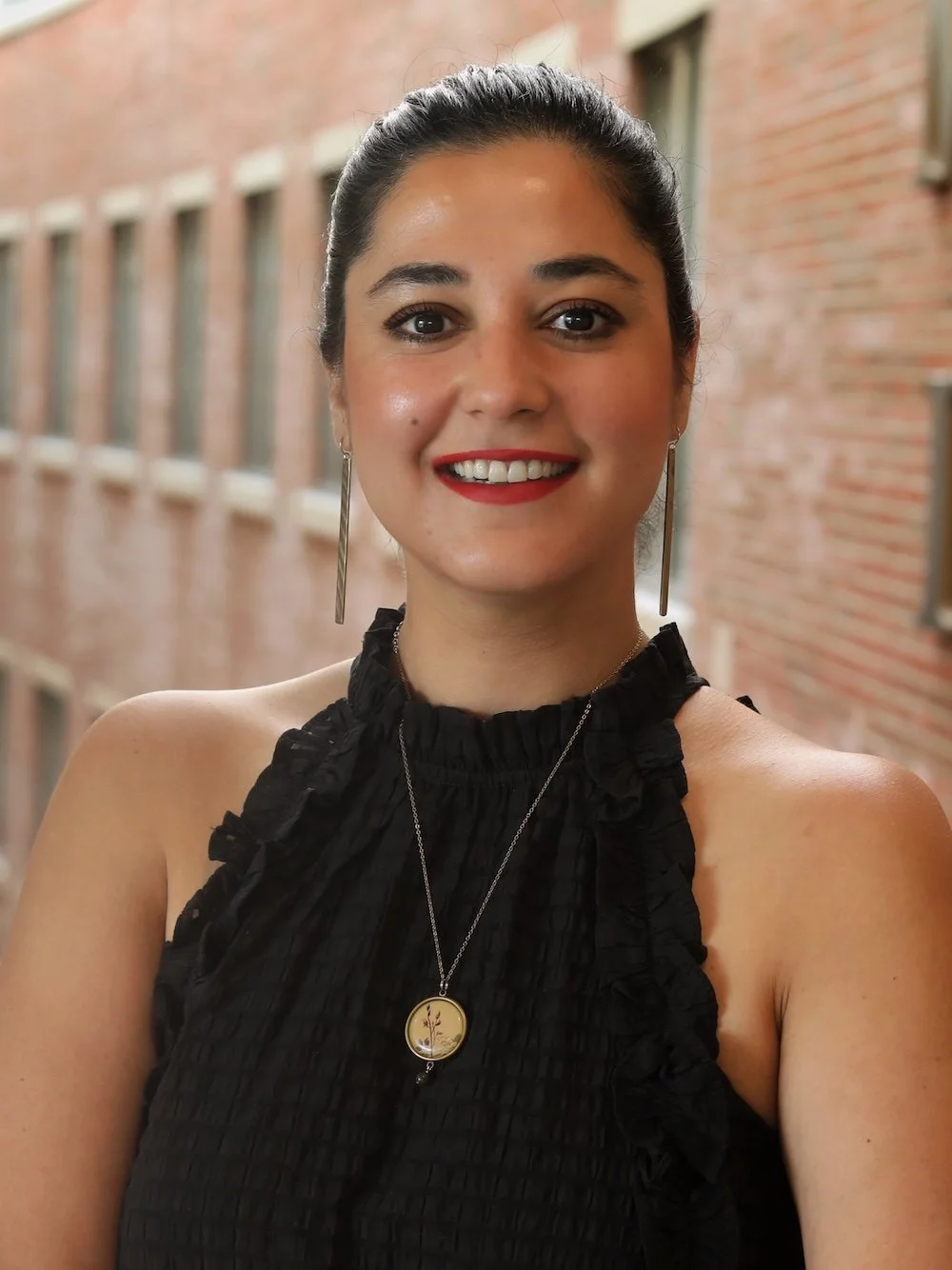Iram Abbasi
Iram Abbasi
Iram Abbasi is an award-winning multimedia journalist, editor, and one of South Asia’s first female war correspondents. With more than 15 years of experience at the BBC World Service and Voice of America, she has covered global conflict, U.S. policy, and human rights issues, including sensitive blasphemy cases and minority rights. Her reporting has taken her to South Asia, Kenya, the U.K., the Middle East, and across the United States. She received a BBC News Award for her outstanding contribution to coverage of Pakistan’s elections, reporting from one of the country’s most volatile provinces.
In June 2025, Iram joined the Alfred Friendly Press Partners fellowship at the University of Missouri to strengthen her investigative reporting, business journalism skills, and multimedia storytelling. As part of the fellowship, she helped create awareness on challenges faced by displaced journalists and focused on press freedom, particularly transnational repression—the ways foreign governments target dissidents and journalists living in the United States. Her reporting has examined the unique challenges faced by international journalists working in the U.S., from security and immigration issues to navigating newsroom cultures.
Fluent in English, Urdu, Hindi, and Punjabi, Iram brings a transnational perspective and a commitment to centering marginalized voices in her reporting. Based in Washington, D.C., she continues to produce multimedia narratives that connect global events with local impact, while advocating for journalists’ rights and free expression.
Reflecting on her Alfred Friendly Press Partners Fellowship experience, Iram says:
“The program strengthened my ability to reassure and support peers facing transnational repression and other pressures. Most importantly, it renewed my passion to stay here and fight for press freedom, both for my community and for journalists everywhere, because telling the truth and holding power to account is vital whether we’re covering markets, politics, or the lives of everyday people.”

